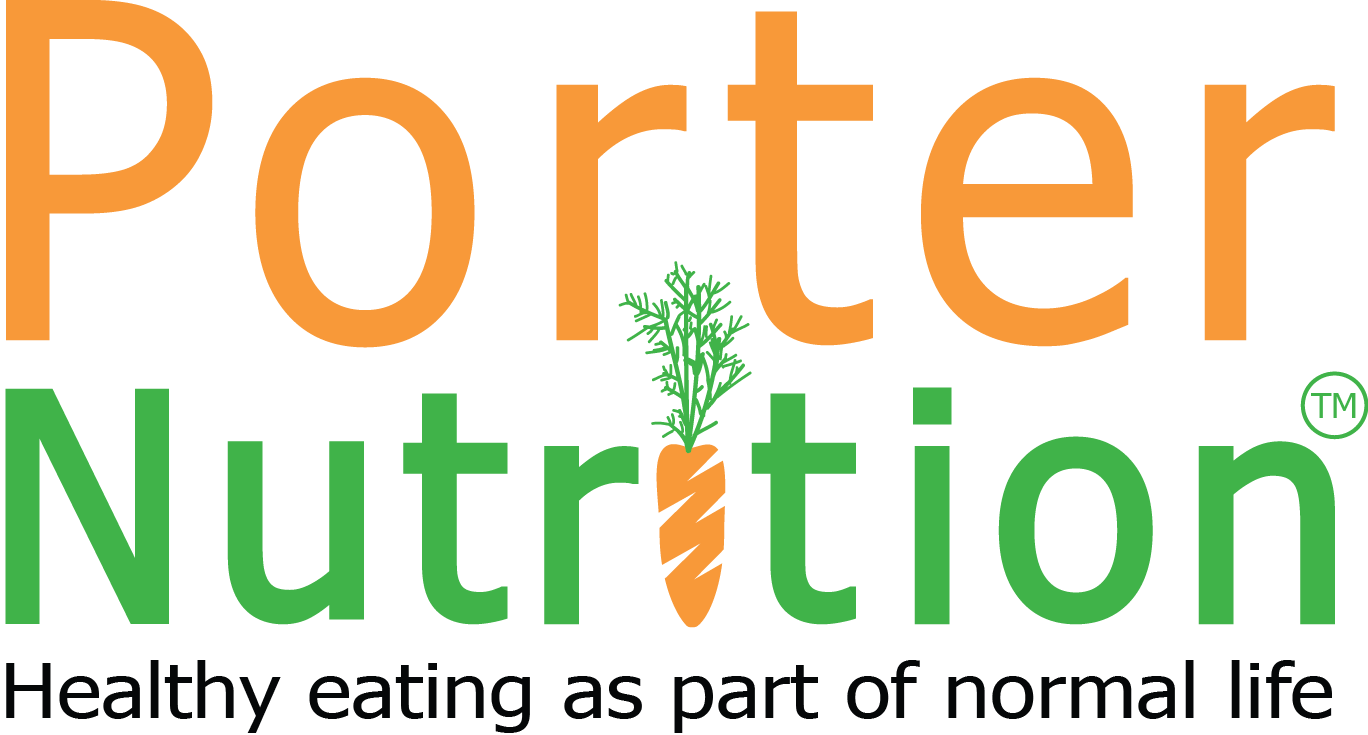In my 10 years of being a Registered Nutritionist, I have had many people tell me that healthy eating is too expensive. I have given plenty of advice to people on low budgets about what they can eat but I have found little detailed information to back up the idea that healthy eating does not have to be expensive…until recently.
The Institute of Economic Affairs (whose ‘mission is to improve understanding of the fundamental institutions of a free society by analysing and expounding the role of markets in solving economic and social problems’ ) has published this report – Cheap as Chips:;is a healthy diet affordable?
Their research suggests that it is not necessarily more expensive to eat healthily with diet versions of products costing the same if not less than the regular version, home made food costing less than ready meals and takeaways and the cost of fruit and veg being less than chocolate when compared by weight.
There are, of course, limitations with their research of course, I will note here a few.
Firstly, prices are given per portion. They suggest that you can achieve your 5 portions of fruit and veg for as little as 30p. Their examples, ‘a combination of carrots, peas, tinned tomatoes, pineapple slices and an apple can be bought for 30p. A more expensive combination of broccoli, sprouts, fresh tomatoes, grapes and an orange costs 83p.’ Both these examples assume that the portions can be shared with others, eg in a family setting. If an individual cooking for themselves, as many young people do in shared housing or many elderly people do. If you were to waste the remaining food in the tin or part of the carrot over the 80g portion, the costs would go up dramatically.
Secondly, they do not take into consideration the access to transportation and storage limitations. Those on low budgets, often do not have access to large freezers and fridges to store food in order to take advantage of the larger pack sizes, nor do they have the ability to carry such quantities back from the shops.
Thirdly, the report only looked at 2 supermarkets so those who have to shop at smaller stores may have a different experience.
Despite the limitations however, it is positive to see more low fat, low sugar versions of foods being sold for the same price as the regular versions. This was largely not the case 10 years ago. It is also positive that the report recognises that home cooked food is cheaper than ready meals. We have long known this but it is important to keep stating it. It is therefore essential we teach our children to cook. With the increased use of the internet and access to simple, varied recipes, we should be encouraging this vital skill.
The report also recognises that we have some way to go in making quality meat more affordable. Cheap meat, particularly processed meat is still cheaper by some margin, and, considering what is in it, it is hardly surprising. But, with the large evidence base around processed meat and bowel cancer risk, we need to look at making other meats more accessible to those on low incomes if we are not to widen the health inequalities gap.
